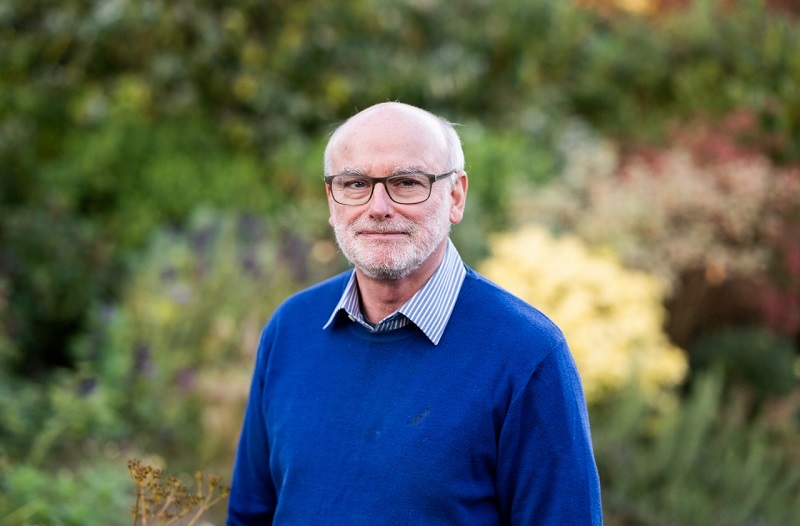
North Wales is in pole position to become the hub of the UK’s green energy future, according to the leading scientist who heads Bangor University’s Nuclear Futures Institute.
At stake is £525 million for a new generation of small nuclear reactors (SMRs) which can be used to produce medical isotopes as well as power with more millions on offer for a shopping list of wind, tidal, solar and hydrogen power.
Professor Bill Lee says the region has everything in place to become the beating heart of the country’s energy generation with the Wylfa Newydd project live again with interest from US power giants Westinghouse.
Wylfa and Trawsfynydd have nuclear licences, Bangor University has major new investment in specialist nuclear jobs and Anglesey’s energy island status is backed up by advanced engineering capacity in North East Wales with the potential for the creation of thousands of highly-paid jobs.
Professor Lee said: “The fact is that we have two nuclear site licences here and neither of them is currently being used.
“The sites here in North Wales are better than those elsewhere – Wylfa is huge and it has good sea access for bringing in heavy pieces of kit and the potential to do different things there is greater than anywhere else.
“Here in North Wales we also have a community that is supportive of the nuclear industry
“The UK Government has talked about the levelling-up agenda so they should be seen to be supporting this region with projects that can generate high-quality, well-paid jobs.”
“The US consortium could step in at Wylfa, where Hitachi-GE stepped out, with a project to build a couple of big reactors there and although that could take a couple of years to come through there are other opportunities that can happen as well.
“Next door to Wylfa, the Wylfa Newydd site has huge potential with nearly 300 hectares of room for a new generation of Small Modular Reactors such as those planned by the UKSMR consortium led by Rolls-Royce although there is also interest from other major SMR players, such as Anglo-Dutch U Battery and NuScale Power from the USA.
“Trawsfynydd is an option as a site for an SMR but it also has the potential to host a reactor for the production of medical isotopes for nuclear medicine for the diagnosis and treatment of cancers.
“This Medical Radioisotope and Research Reactor (MRRR) along with an adjacent processing facility could supply radio-pharmacies in the UK and abroad.
“Hosting an MRRR, processing facility and training centre on the same site would enable development of new applications in medicine and elsewhere for radio-isotopes and improve training and the UK’s capability in this area.
“At the moment these isotopes are mostly imported from Europe and South Africa and hosting a facility at Trawsfynydd would fit with Bangor University’s aim to appoint a lecturer in Nuclear Medicine and with the work it is planning with other universities in Wales.”
Professor Lee, one of the UK’s leading nuclear scientists, believes North Wales can benefit from further investment of hundreds of millions of pounds in other forms of green power as the region becomes one of the UK’s carbon-free energy hubs.
He said: “We are also looking at wind, solar and marine tidal energy generation as well as green hydrogen production through regional research centres planned as part of the North Wales Growth Deal.
“The region already has plenty of low-carbon energy with on-shore and offshore wind farms and plans for even bigger offshore wind generation in future, several tidal projects from Anglesey along the North Wales coast to Mostyn.
“These things are all moving ahead and a key aspect is to make sure they are all co-ordinated so that we have a mix of energy with wind, tidal, hydro-electric and nuclear that is flexible so that we continue to generate power when the wind isn’t blowing or the sun isn’t shining.”
For more on Bangor University go to https://www.bangor.ac.uk/